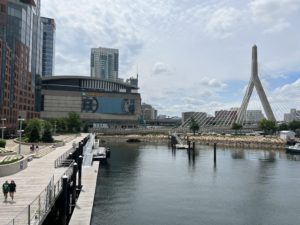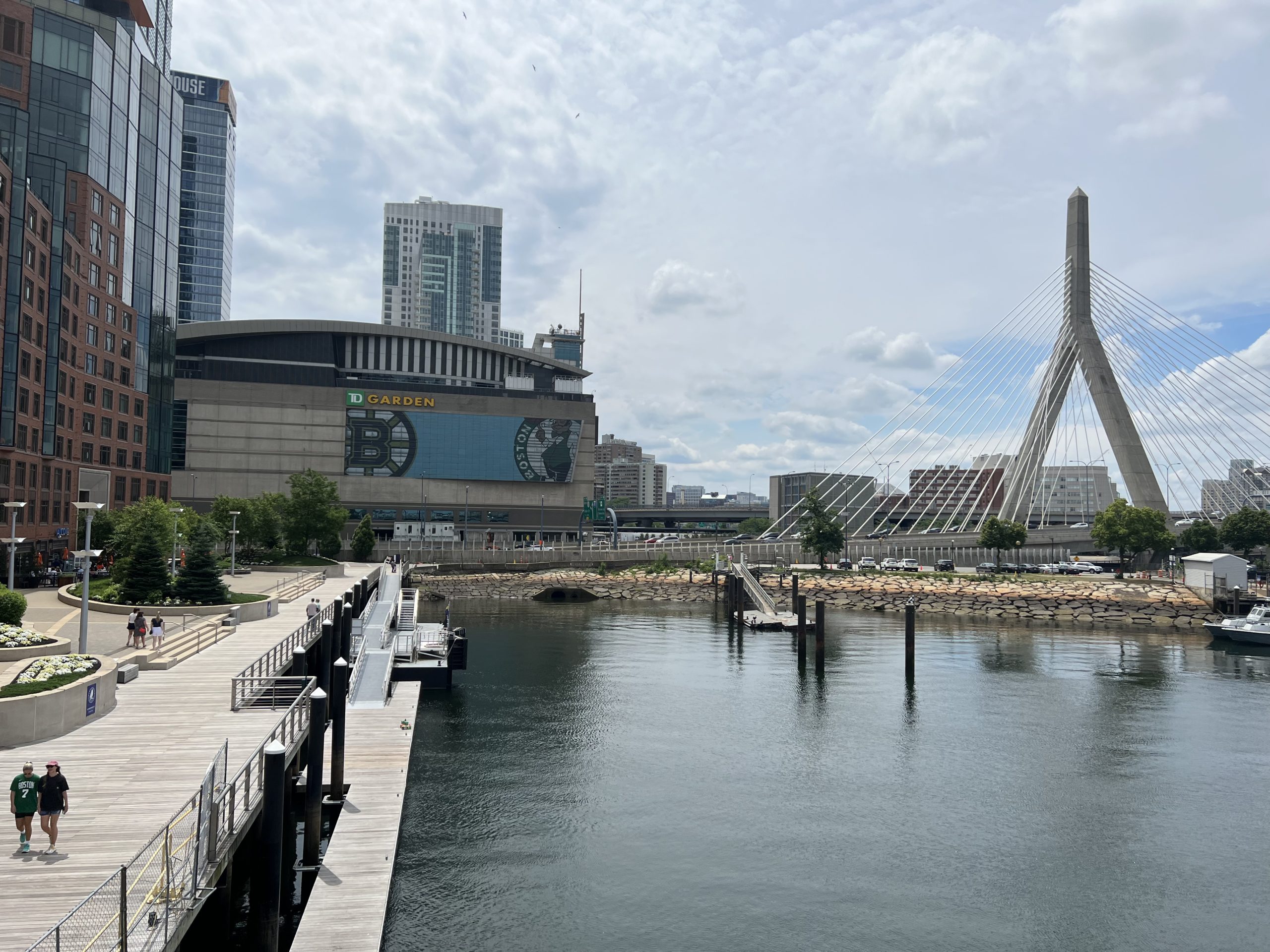Recently, I visited Boston for the first time. During my trip, I enjoyed walking the Freedom Trail from beginning to end, taking a Boston Harbor cruise, visiting the JFK Library and enjoying a good seafood meal at a restaurant in the Back Bay neighborhood.
 During my trip, I couldn’t help but notice how much better things were in Boston compared with San Francisco. However, I never felt unsafe once walking around the city at all hours of the day, while I always walk briskly and lock my valuables in my trunk when in San Francisco. While I saw a few homeless people here and there during my travels, no one dropped trow and went to the bathroom on the street right in front of me as occurred on my last trip to the City by the Bay.
During my trip, I couldn’t help but notice how much better things were in Boston compared with San Francisco. However, I never felt unsafe once walking around the city at all hours of the day, while I always walk briskly and lock my valuables in my trunk when in San Francisco. While I saw a few homeless people here and there during my travels, no one dropped trow and went to the bathroom on the street right in front of me as occurred on my last trip to the City by the Bay.
Boston and San Francisco are each progressive cities with Democrats holding virtually every office. Joe Biden 82.51 percent of Boston’s vote in 2020 and 85.26 percent in San Francisco. To learn why things are so dramatically different despite being so similar, let’s look at homelessness and crime in each city.
On homelessness, writing in the Boston Globe, homeless nonprofit leaders Lyndia Downie and the Rev. Ray Hammond note that Boston’s unsheltered homeless rate – the number of people living on the streets and not in any kind of shelter – was under 4 percent of city’s total homeless population in 2021, compared with San Francisco’s unsheltered homeless rate of over 60 percent. The city has had an aggressive homeless plan in place since 2015 called “Boston’s Way Home”, focusing on getting homeless veterans off the street, and “work(ing) with nonprofit and community partners to coordinate housing and services.”
Meanwhile, San Francisco’s approach to homelessness centers around expensive government programs and increased spending that have not been proven to be particularly effective. Writing in a 2018 PRI brief, Kerry Jackson and Wayne Winegarden argue that “city leaders should look to free-market reforms, private charities, and public-private partnerships if they’re serious about wanting to clean up the streets and help the chronically homeless.”
On crime, both Boston and San Francisco have more crime than the national average. According to the FBI Crime Data Explorer, San Francisco reported 4,796 incidents of violent crime and 38,737 incidents of property crime in 2020, compared to 4,354 incidents of violent crime and 13,015 incidents of property crime reported by the Boston Police Department.
The cities’ approaches to crime tell a quite different story.
During the height of the Black Lives Matters protests, then-Mayor Marty Walsh rejected calls to defund the police, saying that “cutting the budget doesn’t deal with racism, cutting the budget doesn’t deal with systemic issues, that doesn’t solve anything.” Current progressive mayor Michelle Wu – though campaigning in support of defunding the police – earlier this year “veto(ed) . . . the woke Boston City Council’s attempt to cut . . . the police by eliminating some $13 million from its budget, mostly in overtime,” writes reporter and columnist Peter Lucas.
In contrast, under the tenure of former San Francisco District Attorney Chesa Boudin, prosecutions of low-level crimes were de-emphasized, and a no cash bail policy was instituted, predictably sending incidents of crime soaring and ultimately leading to Boudin’s recall this June.
On crime and homelessness, it’s clear that Boston’s progressive leadership understand that quality of life matters. Residents of all political stripes want safe neighborhoods and clean streets. Even the most liberal of taxpayers expect this of their government. San Francisco politicians would do well to learn from America’s original “City on a Hall” to make strides toward reversing the City by the Bay’s decay.
Tim Anaya is the Pacific Research Institute’s senior director of communications and the Sacramento office.

